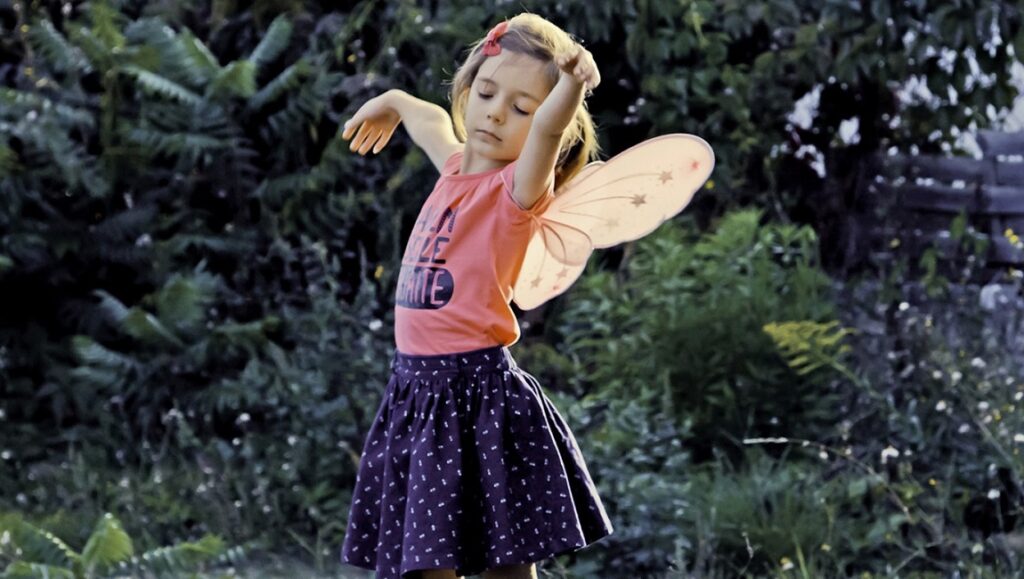Little Girl misunderstands where its focus should be and strips away most of its ambiguity, leaving little to really contend with.
In the opening scene of Sébastien Lifshitz’s latest documentary feature, Little Girl, there is a shot which the French director visually encapsulates and expresses the film’s core interest. A little boy, named Sasha, is looking into a mirror while dressing himself up like a girl, an accentuation of his life’s duality — the truth of his interiority at tension with his external delusive reflection. From this earliest stage in the film, the documentary makes clear its interest in the issue of gender dysphoria, and while many films have attempted a sincere inspection of this topic, what gives Little Girl some bit of novelty is that far fewer have dealt with someone of such a young age questioning gender identity. It is clear from the beginning that Sasha is literally a little girl imprisoned by the corporeal constraints of a boy’s body, but unfortunately the film does not build on its early promise, content to present to a repetitious litany of “explanations.”
For most of its runtime, the film pushes Sasha aside and out of focus, and instead inundates itself with parental interviews — specifically, with the mother — or merely spends time accompanying the family into clinical psychiatry sessions. Lifshitz remains too straightforward, his bland, emotion-forward approach leaves little ambiguity to interrogate — the overuse of close-ups provides even visual evidence of this failure. It is understandable that Lifshitz intends his camera to remain close to his human subjects, but it deprives the audience from the context of observation, bearing little witness to Sasha’s life in broader focus. Not all such moments are absent in the film — the ballet classroom scene, some interludes of domesticity, and one at the beach are a few affecting inclusions. But the final (more or less cliché) scene of the film shows lovely little Sasha dancing alone and silently, dressed as a girl with two fake pink butterfly wings tied to her back. This image also proves a fitting metaphor for Lifshitz’s effort: a film that tries to fly but which remains firmly planted to the ground.
Originally published as part of Berlin International Film Festival 2020 | Dispatch 4.
Published as part of Rendez-Vous with French Cinema 2021 — Dispatch 2.


Comments are closed.